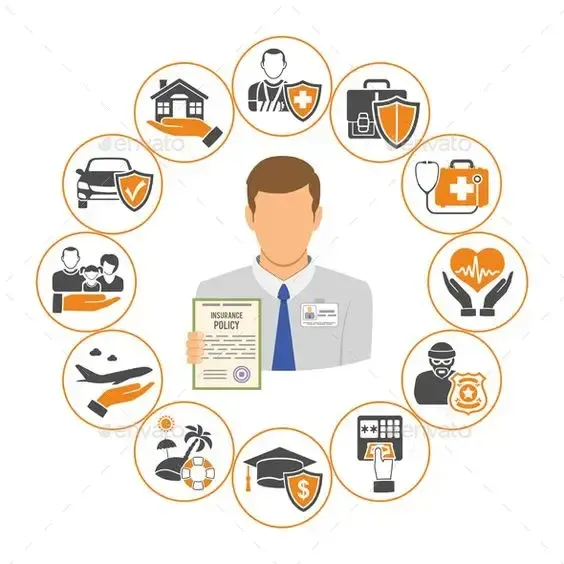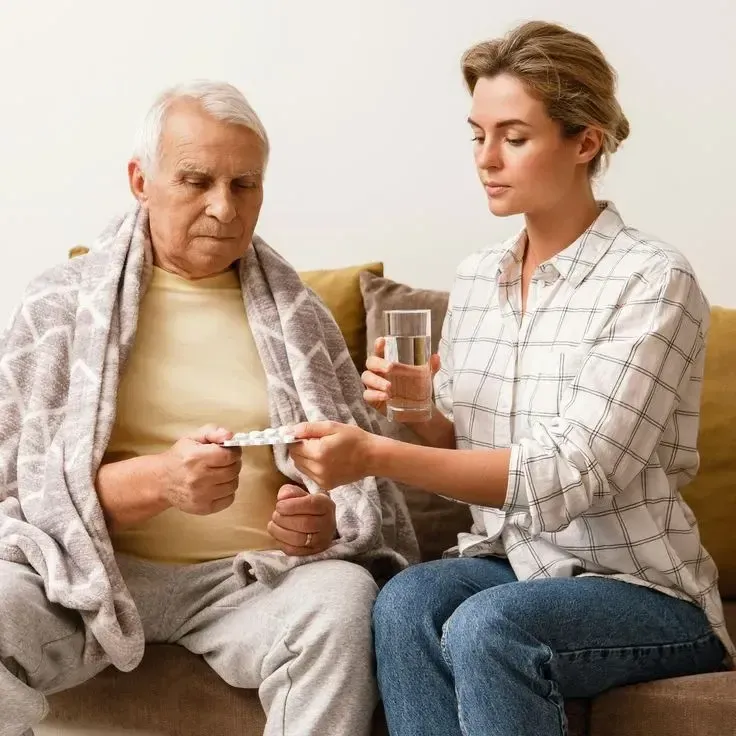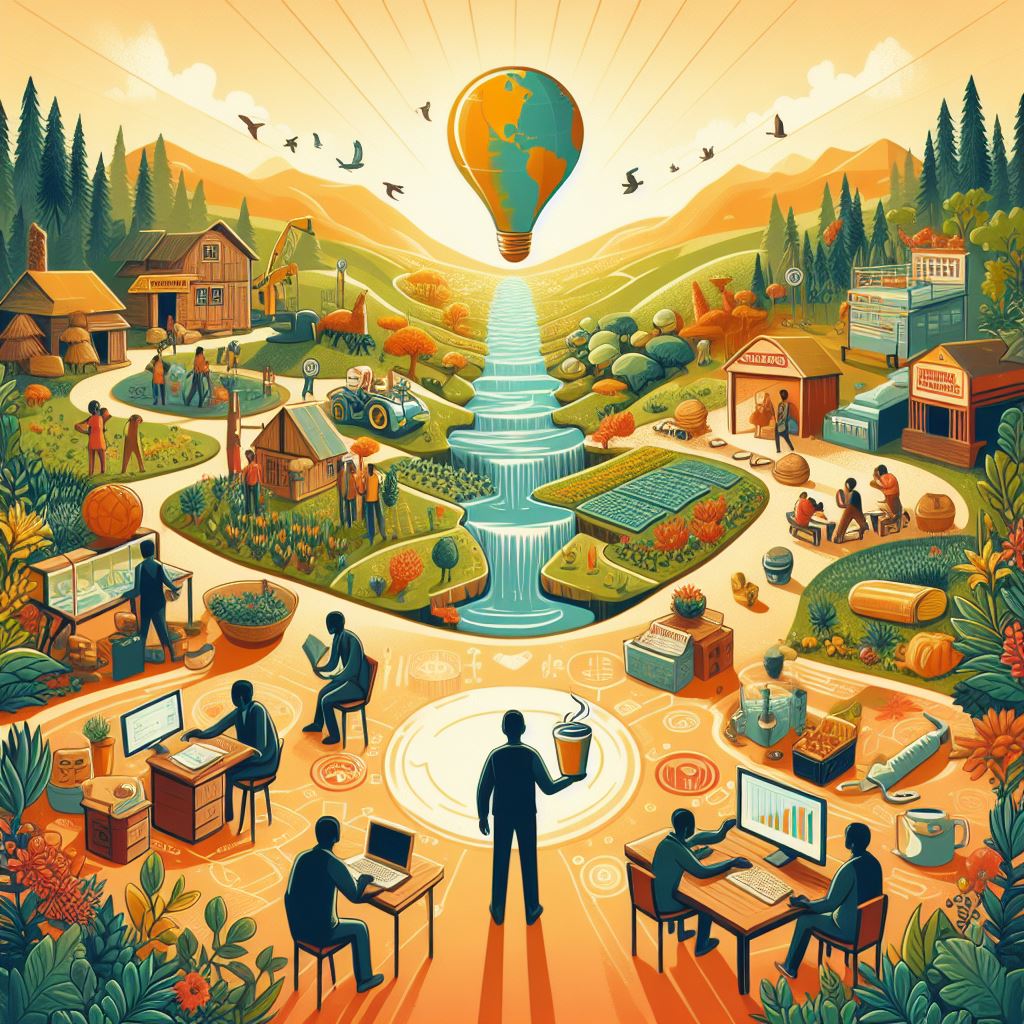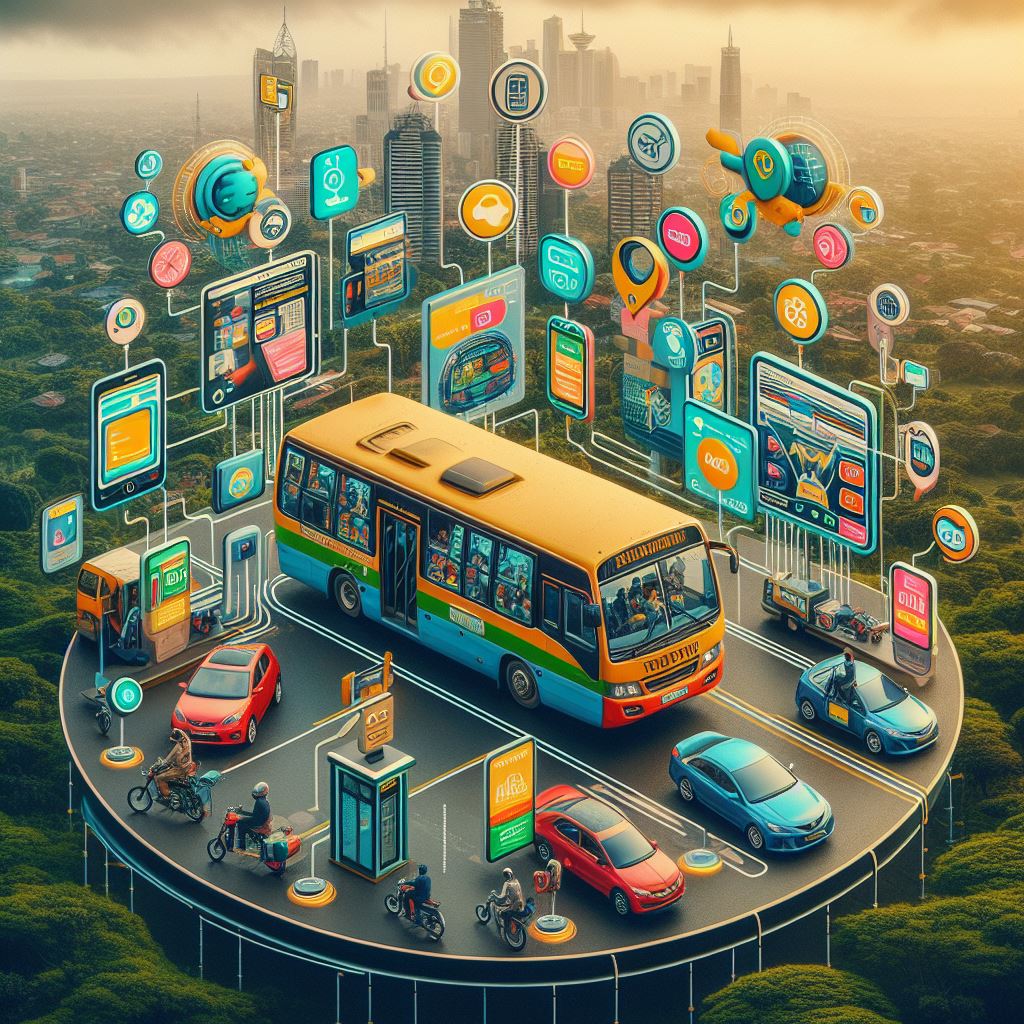Rehabilitation centers are places where people can get professional help for various health issues. Learn why they are important and how they can benefit individuals and society.
Rehabilitation centers are places where people who have physical or mental health problems can get professional help and support. Rehabilitation centers can help people recover from injuries, illnesses, addictions, or disabilities. They can also help people improve their quality of life and well-being.
Types of Rehabilitation Centers
There are different types of rehabilitation centers that cater to different needs and goals of people. Some of the common types are:
**Physical rehabilitation centers**: These centers help people who have suffered from physical trauma, such as accidents, strokes, or surgeries. They provide physical therapy, occupational therapy, and speech therapy to help people regain their mobility, strength, and function.
**Mental health rehabilitation centers**: These centers help people who have mental health issues, such as depression, anxiety, bipolar disorder, or schizophrenia. They provide psychiatric care, psychotherapy, medication management, and social skills training to help people cope with their symptoms and improve their mental health.
**Substance abuse rehabilitation centers**: These centers help people who have substance use disorders, such as alcoholism, drug addiction, or gambling addiction. They provide detoxification, counseling, medication, and relapse prevention to help people overcome their dependence and addiction.
**Disability rehabilitation centers**: These centers help people who have disabilities, such as visual impairment, hearing impairment, or intellectual disability. They provide assistive devices, adaptive equipment, and special education to help people enhance their abilities and independence.
Benefits of Rehabilitation Centers
Some of the benefits of rehabilitation centers are:
- They provide a safe and supportive environment for people who are struggling with their health issues. They can offer medical care, counseling, therapy, education, and social activities.
- They help people develop skills and strategies to cope with their challenges and prevent relapse. They can teach people how to manage their pain, stress, emotions, and cravings. They can also help people set realistic goals and plan for the future.
- They connect people with other people who have similar experiences and can offer empathy and encouragement. They can foster a sense of community and belonging among people who are going through a difficult time. They can also help people find resources and support groups in their area.
Conclusion
Rehabilitation centers can make a positive difference in the lives of many people who need help and hope. They can help people heal and grow, and achieve their full potential. Rehabilitation centers are important for the health and happiness of individuals and society.


























